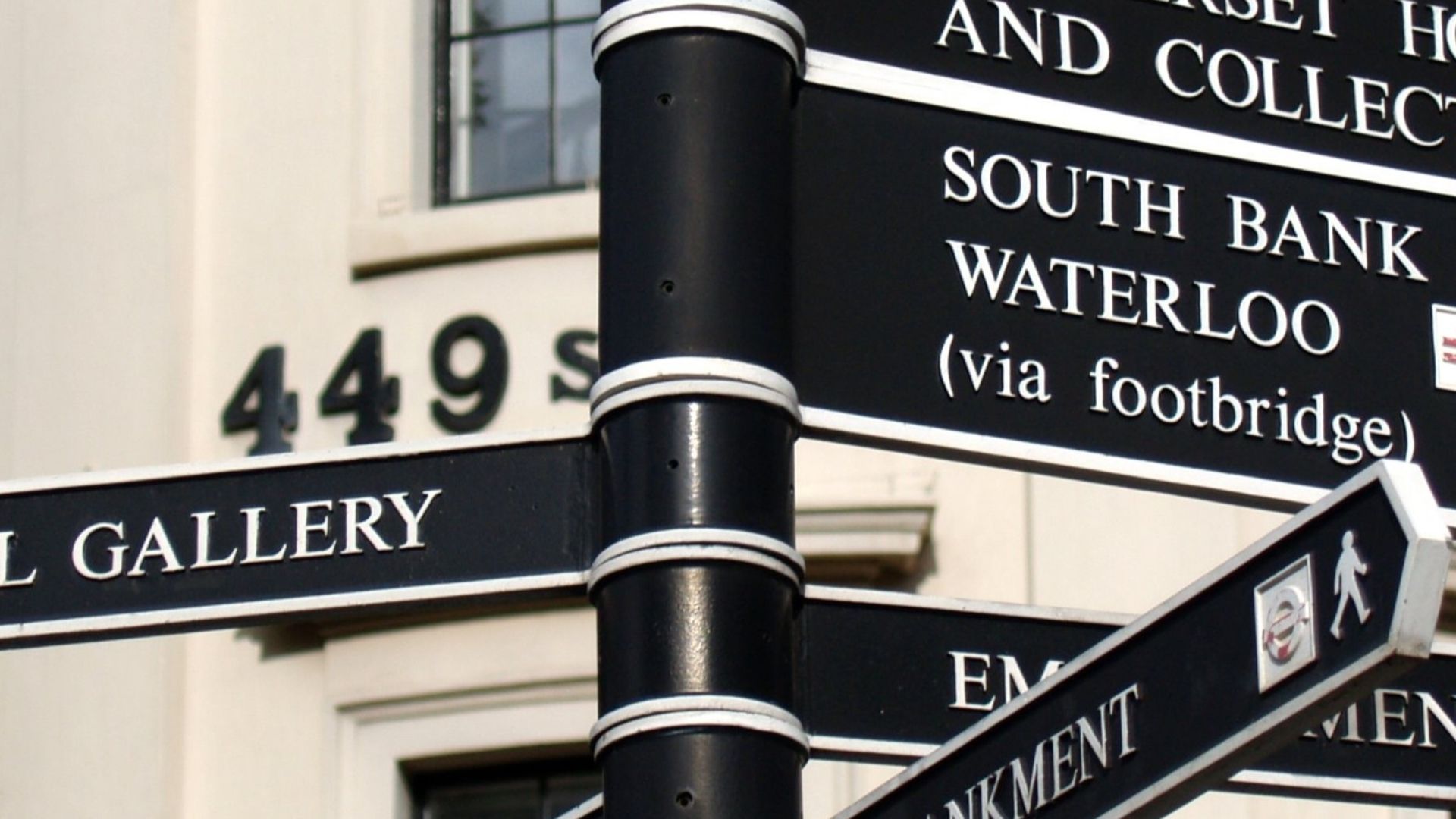Investing in London Properties: A Strategic Analysis for 2024
Investing in London's real estate market can be a highly lucrative venture, but it requires astute planning and strategic foresight, especially as we head into 2025. With the city's dynamic landscape and the aftereffects of economic fluctuations, investors need to adopt a multifaceted approach to navigate the market successfully. Here are three strategic analysis tips for those looking to invest in London properties in 2024.
- Leverage Economic and Demographic Trends
Economic Growth Areas: Invest in areas that are slated for economic growth due to new business developments, government investments, or improved infrastructure. For example, the development of the "Silicon Roundabout" in East London continues to attract tech companies and startups, boosting demand for residential and commercial properties in neighboring areas like Shoreditch and Hoxton.
Demographic Shifts: Understanding demographic trends is crucial. London continues to attract a diverse, young professional base. Areas that offer lifestyle amenities, such as cafes, gyms, and proximity to cultural hotspots, are particularly appealing to this demographic. Additionally, neighborhoods with reputable schools and family-oriented services are perennially in demand among families, making them a safe bet for long-term residential property investments.

- Focus on Regeneration Zones
Investing in regeneration areas can offer higher growth potential at a lower entry cost compared to established prime locations. London’s regeneration zones, often marked by significant public and private investment, are transforming into vibrant, desirable places to live and work. For instance:
Battersea Power Station and Nine Elms: This area is undergoing one of the largest regeneration schemes in Europe, with the redevelopment of the iconic Battersea Power Station and the new US embassy enhancing its global appeal. The extension of the Northern Line to this area has also significantly increased its accessibility and property values.
Greenwich Peninsula: With over £8.4 billion planned for development projects, this area is set to become a thriving cultural and residential hub. The promise of new homes, commercial spaces, and leisure facilities makes it an attractive option for investors looking for growth in a transforming locale.
- Exploit Short-Term Rental Markets
The popularity of short-term rentals in London, fueled by tourism and business travel, presents a lucrative opportunity for property investors. Properties located near major tourist attractions, business districts, or transport hubs hold high potential for short-term rental business models. Platforms like Airbnb have made it easier than ever to manage such investments, although it's important to stay informed about local regulations and potential restrictions in certain boroughs.
As we look towards 2025, the landscape of London real estate continues to evolve. By focusing on economic and demographic trends, investing in regeneration zones, and capitalizing on the short-term rental market, investors can strategically position themselves to achieve significant returns. Each investment opportunity in London's diverse property market carries its own set of risks and rewards, and success largely depends on thorough market analysis, due diligence, and an understanding of the broader economic forces at play.
